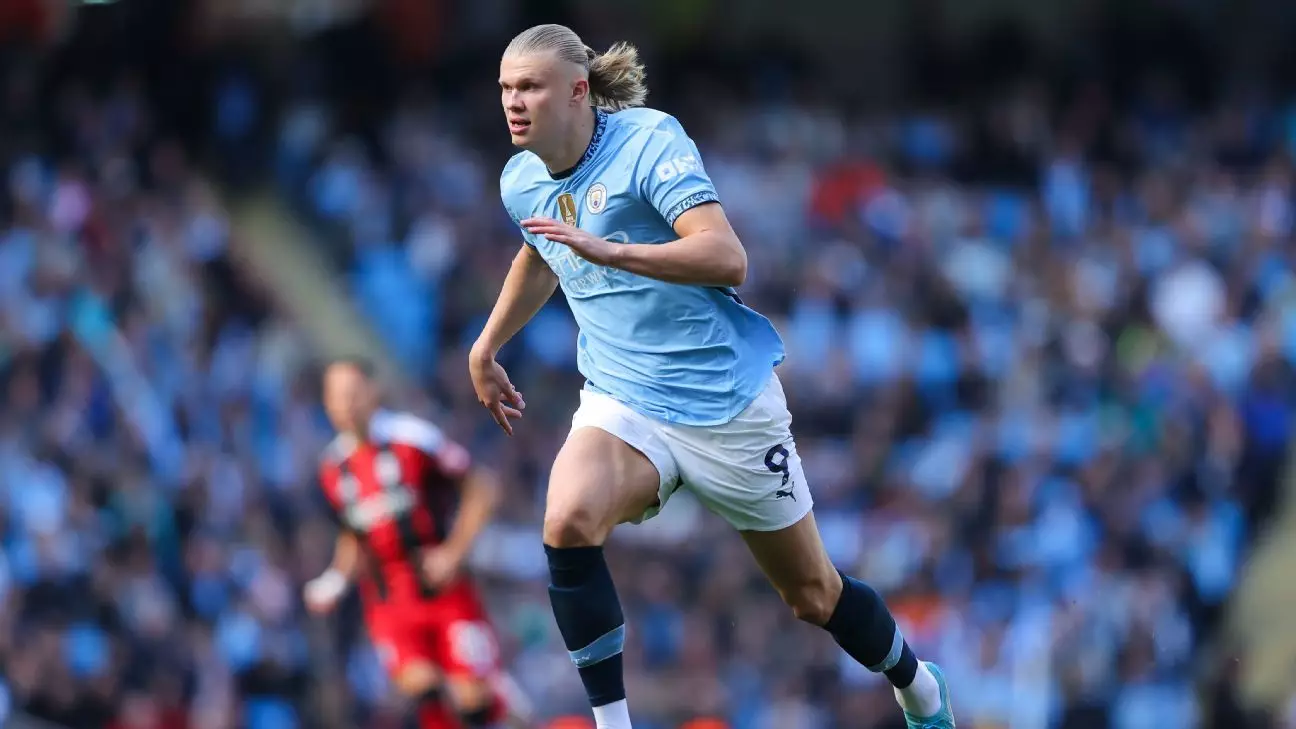In a landscape where football clubs often engage in high-profile transfers to enhance their squad, Barcelona’s sporting director Deco has shed light on the club’s current approach, which seems content with the status quo in the transfer market. Speaking to El Mundo Deportivo, Deco’s insights underline Barcelona’s priority to concentrate on their ongoing season rather than pursuing major signings. This strategic decision highlights a shift in focus, emphasizing operation integrity and long-term planning rather than reactive spending.
Maintaining Momentum in LaLiga and Champions League
Barcelona is currently excelling under the management of Hansi Flick, sitting at the top of LaLiga and on the brink of advancing to the Champions League knockout stage. Given this momentum, Deco suggests that the immediate need for fresh talent is not pressing. With an already stable lineup, the emphasis is on optimizing the current squad to ensure a formidable performance across competitions. The club’s existing players, particularly the seasoned Robert Lewandowski, are pivotal in achieving these objectives.
Lewandowski, with 14 goals already in the season, stands out as one of Barcelona’s greatest assets. Deco’s remarks reflect an understanding of the unique value Lewandowski brings to the team, likening him to few others in the game today. The 36-year-old striker, with a contract lasting until 2026, is viewed not only as a key scorer but also as a seasoned leader in the locker room. “There are not so many players of Robert’s caliber,” Deco stated, highlighting the rarity of such talent in contemporary football.
Barcelona’s current strategy seems predicated on leveraging Lewandowski’s experience and skill set while allowing their younger players to mature and evolve within the structure of the team. This approach aims to foster talent from within rather than relying on external signings, which may disrupt team dynamics.
Deco has explicitly pointed out that the recruitment of forwards is not on the agenda at this moment. Both Erling Haaland from Manchester City and Viktor Gyökeres from Sporting CP have been subjects of speculation, yet Deco remains noncommittal about their potential signings. He emphasizes that the need for a ‘number nine’ is not pressing, due to Lewandowski’s presence in the squad. The message is clear: the club is willing to play the long game, valuing the nuances of squad development over the allure of big-name acquisitions.
Deco’s insistence on the importance of existing players reflects Barcelona’s commitment to cultivating team chemistry and continuity. When pondering the likes of Gyökeres, Deco acknowledged the player’s talent but reiterated that the club’s priorities lie elsewhere at the moment. This stance serves as a reminder that while individual players can shine, the collective team ethos remains paramount for lasting success.
Exploring Defensive Options: More About Recovery Than Recruitment
On the defensive front, Deco reveals a similar mindset regarding squad management and player recovery rather than immediate signings. After the unfortunate injury to Marc-André ter Stegen, Barcelona opted for Wojciech Szczęsny as a short-term solution. Deco believes that ter Stegen’s return is more crucial than scouting for a long-term substitute. Reflecting on this situation, he stated, “Marc still has three years left on his contract,” suggesting that the club has confidence in the goalkeeper’s future contributions.
While rumors swirl about potential interest in players like Diogo Costa from FC Porto and Jonathan Tah from Bayer Leverkusen, Deco firmly indicated that any signing plans remain absent. Instead, the focus is on the current defensive lineup, which includes both established players and returning injured personnel.
Deco’s comments and strategies reveal a club at a crossroads, opting for stability and cohesion over the sensationalism often associated with football transfers. By prioritizing existing talent, including the invaluable Lewandowski, and emphasizing player development, Barcelona aims to construct a formidable team without relying heavily on the market’s whims.
As the season unfolds, it will be fascinating to observe how Barcelona’s cautious approach affects their performance both domestically and in Europe. In a sport driven by immediate gratification from signings, this calculated patience may pave the way for a more sustainable and successful future.

